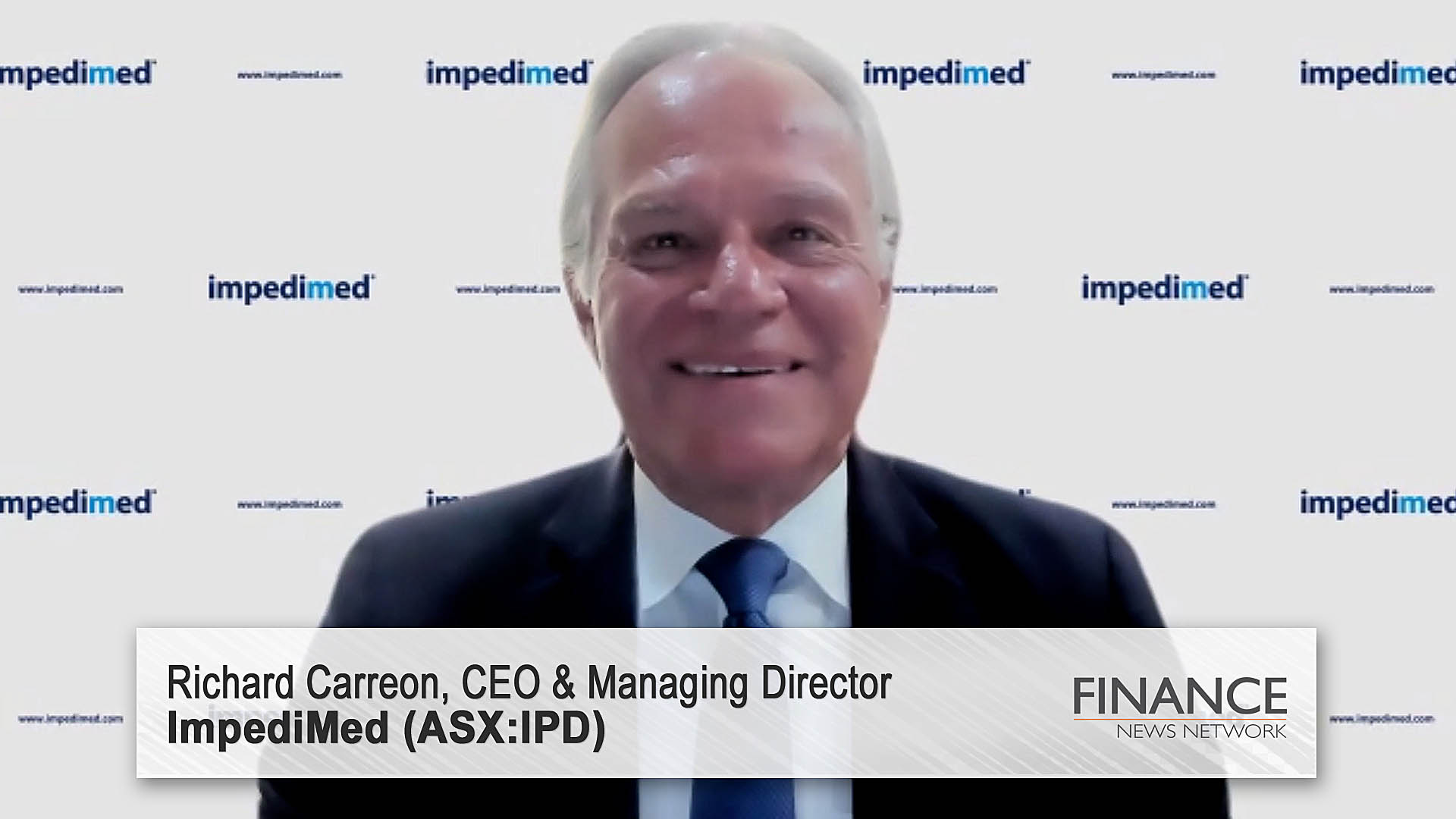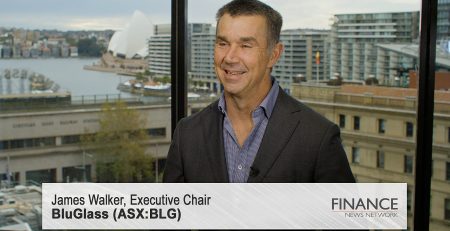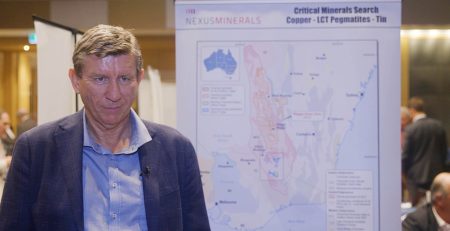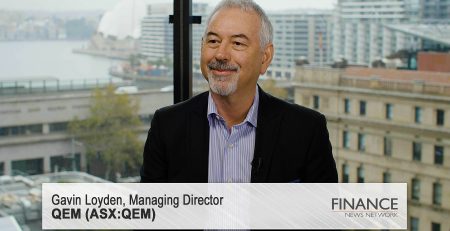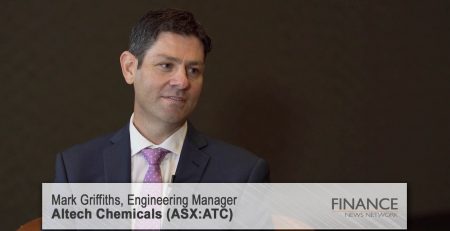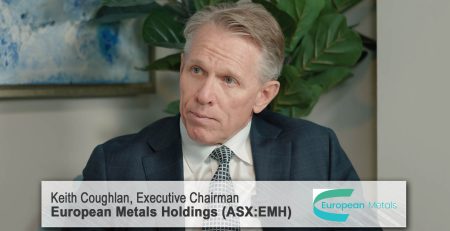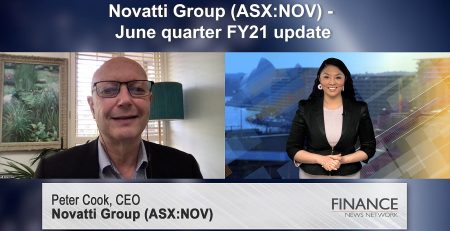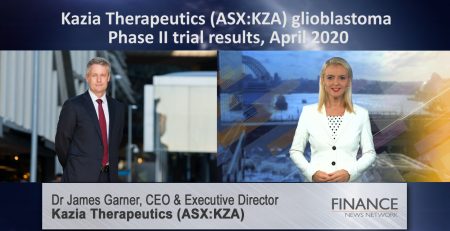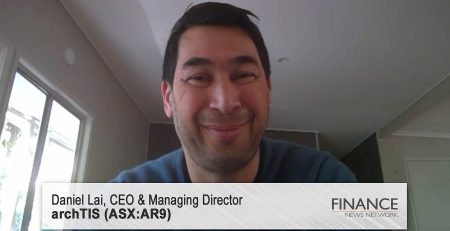ImpediMed (ASX:IPD) – early detection of lymphoedema, July 2021
ImpediMed Limited (ASX:IPD) CEO and Managing Director Richard Carreon discusses the company's bioimpedance spectroscopy platform SOZO, which is particularly targeted at noninvasive clinical assessment and monitoring of fluid status and tissue composition in the treatment of secondary lymphoedema, heart failure and renal failure.
Lauren Evans: Hi. This is Lauren Evans for the Finance News Network. Joining me from ImpediMed (ASX:IPD) is MD and CEO Richard Carreon. Richard, welcome to the network.
Richard Carreon: Thank you very much.
Lauren Evans: First up, can you start out with an introduction to the company?
Richard Carreon: Certainly. We're an ASX-listed company. The technology came out of the University of Queensland, and was principally developed by Professor Leigh Ward. And, in the early 2000s, ImpediMed came in and helped advance that technology. In 2016, we made some major breakthroughs and took our technology to a whole new level, reducing the time of the test from 30 minutes to less than 30 seconds, and so we further advanced this technology and introduced SOZO in 2017. Today, that device has both FDA clearances and CE mark listings for the detection of lymphoedema, for managing patients with heart failure, and various body composition parameters.
Lauren Evans: Thanks, Richard. So, for people not so familiar with lymphoedema, what is it?
Richard Carreon: Lymphoedema basically is when your lymphatic systems are damaged due to your cancer treatment. Now, cancer survivors or cancer patients go through a number of things during their treatment, possibly surgery, chemotherapy and radiation. And in each of those phases or combination of those, you're doing damage to lymphatic systems. If the lymphatics are damaged to such a point they stop working, then you start to see fluid back up into the limbs. So, that's where you see some of these cancer patients will have swollen arms or swollen legs.
Now, it's a major issue that most people aren't familiar with, because one out of every three cancer survivors will develop lymphoedema in their lifetime. In the United States, we have 5.5 million patients, cancer survivors, who develop lymphoedema and who have to live with that debilitating disease every single day. But, with our technology, a simple 30-second test can alert the physician to do a simple treatment like a compression sleeve, and we've shown in our clinical studies that we reduce lymphoedema by 95 per cent.
Lauren Evans: So, we understand you're awaiting the results from the PREVENT trial. Can you talk about the trial and why it's such an important catalyst for the company?
Richard Carreon: The PREVENT trial is a landmark study. It is the single largest study ever, ever undertaken in lymphoedema for cancer survivors. We have followed patients, 1300 patients, for three years. You need to understand this, is that the trial was never designed to obtain regulatory clearance for the FDA or CE mark. We already have that. This was basically designed to fulfil the obligations to private pay insurance companies in the United States. They're looking for a large randomised control study that proves that we can detect lymphoedema at an early stage and stop the progression, because the savings to the insurance companies would be enormous. So, that's why we believe this is a key catalyst. This really provides us a pathway to obtaining that private pay coverage. And, with that, we'll see an acceleration of sales. But also understand this, that our sales today have been built on largely not having reimbursement. So we're very proud of the fact that we've been able to grow our technology without reimbursement. We see the PREVENT trial really helping to accelerate the adoption and the expansion of our technology.
Lauren Evans: Now to your SOZO device and your current financials, can you tell us more, starting with adoption?
Richard Carreon: We're very proud of our adoption at this point. So, today, 22 of the 30 top cancer centres in the United States have adopted our technology for managing their patients. And these are well-known names, such as the Mayo Clinic, the Cleveland Clinic, and MD Anderson. Now, also the New South Wales network has more than 50 devices in Australia. So, again, we're starting to see not only a pickup, but adoption of this. And to put that also in context, last quarter we reported more than 32,000 patient tests. We also sold an additional 43 devices, bringing our global total up to 720 devices. So, a couple of key things here. We continue to see adoption of our product and our technology, and it shows in our annual recurring revenue, which has now topped 8 million. And our balance sheet at the end of last quarter was 23.9 million.
Lauren Evans: And could you comment on the future growth?
Richard Carreon: We're going to see a combination of a number of initiatives that will really start to accelerate our growth, so let's start with the PREVENT trial. We believe that will be one of the key things that come out, as we talked about earlier. That study should start to generate not only reimbursement, but we should start to see other facilities needing to adopt the technology for something that can reverse the onset of lymphoedema.
We're also going to see heart failure. We started that journey more than a year ago in heart failure. We're starting to make some real progress and traction with our new software that we just developed.
And, with renal failure, we're going to be reporting on that in the coming quarterly report on our progress we've seen with that.
And what's really put this in context is AstraZeneca has provided us some great information. We announced the fact several quarters ago that AstraZeneca signed a global contract with us to provide them 375 devices spread across 30 countries across the globe to monitor fluid in two drug studies, one for heart failure, and one for renal failure. So, we're starting to see really a number of inquiries coming back, really wanting to talk about how sensitive our device is and how good our device is. So, we really see these are some key areas of growth for us in the future.
Lauren Evans: Last question from me, Richard, can you touch on the key milestones that investors can expect to see over the next few months?
Richard Carreon: Obviously, the most important one coming down for us will be the publication of the PREVENT trial in a major medical journal. Everybody's been waiting for that. We believe that's what's going to start that key acceleration of our technology. Couple of reasons. One, it will show that we can prevent lymphoedema in a majority of cases, and impact patients' lives. Two, we'll also show in other subspecialties that we can detect small fluid shifts that are medically meaningful. We also have in the coming weeks our quarterly results from the quarter we just closed. And I also think the other key thing people will start to see is, with the waning cases in the United States of COVID-19, and with the opening up, we're starting to see more interest in our heart failure pilots. We'll start to see an expansion of our other indications, such as protein calorie malnutrition. And we're going to be reporting out on our new information on renal failure. So, we have a lot coming, and we'll stay tuned in the coming weeks.
Lauren Evans: Well, Richard Carreon, thanks so much for the introduction today.
Richard Carreon: Thanks, Lauren.
Ends
Copyright 2021 – Finance News Network
Source: Finance News Network

